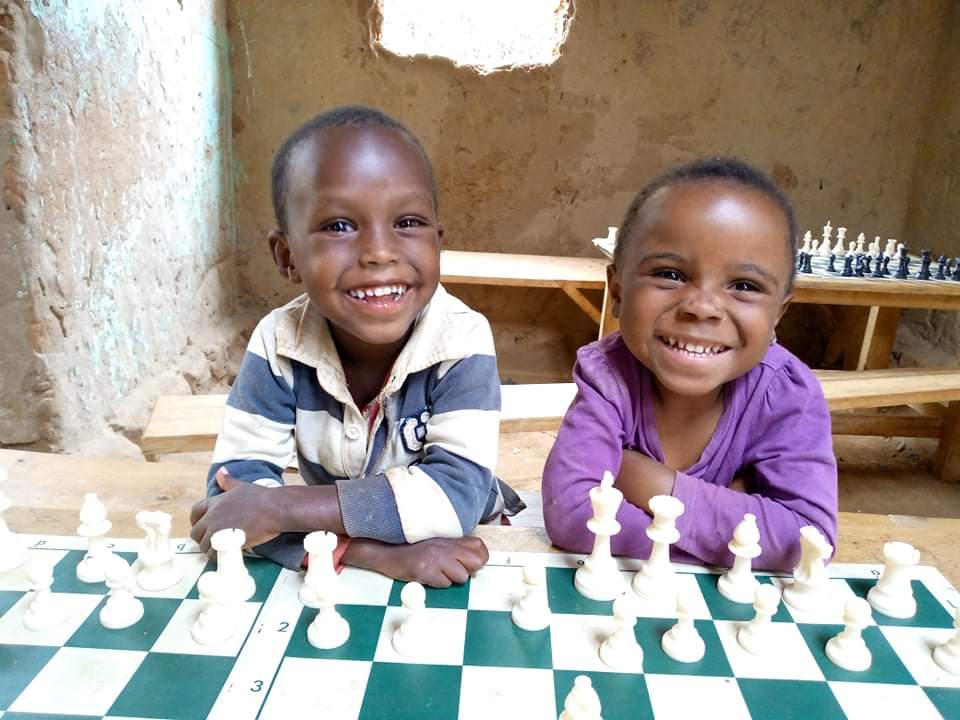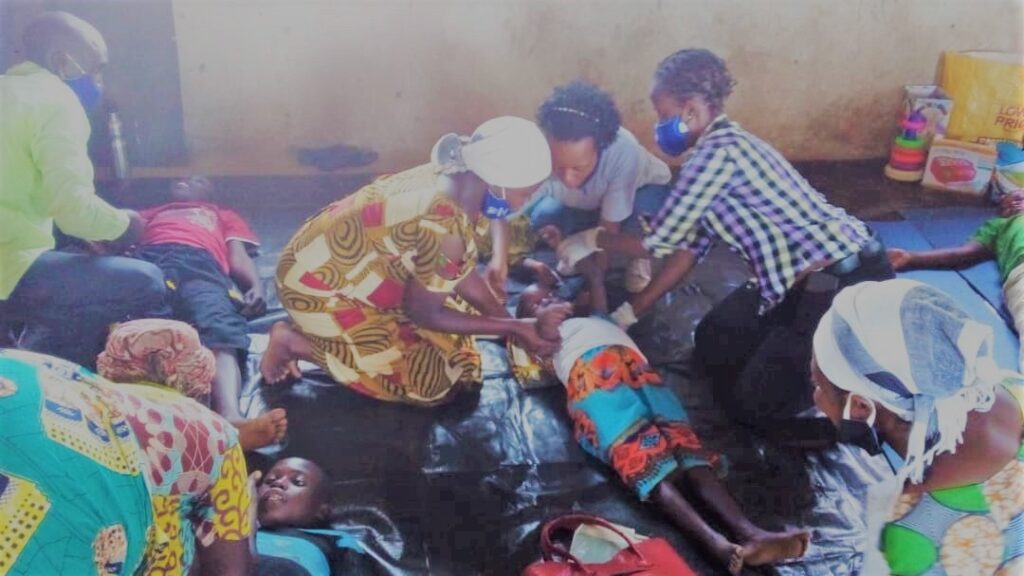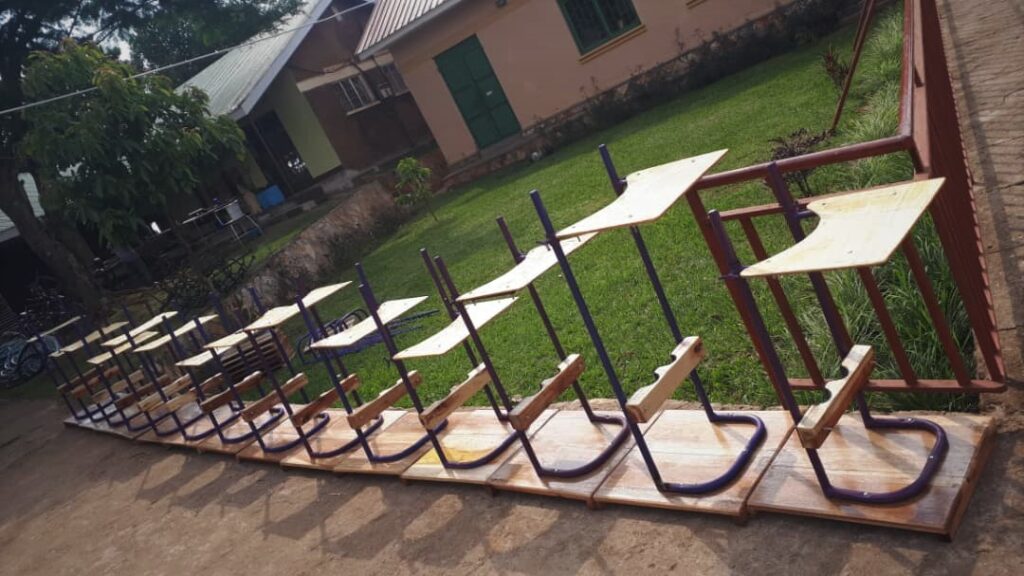Being a refugee child with a disability in Uganda comes with a lot of challenges. It is already challenging for Ugandan children born with a disability. The resources allocated by the government are usually not enough; in terms of relevant infrastructure in schools and communities to meet the needs of children with disability impairments.
Both mental and physical disabilities are perceived negatively; affected individuals in some cultures in Western Uganda associate this with a bad omen. In a typical Ugandan large family, disabled children may not get enough childcare. The same happens in most poor rural families where there is already competition for limited resources from children.
Considering this further, it is easy to see that the most impacted are parents (the primary caretakers) and children. Add to this the trauma and effects of forced migration, there are multiple barriers for families with disabled children to live safe and healthy lives.
The current COVID-19 pandemic strains the already limited capacity of both the international community and refugee host countries like Uganda to provide important resources to refugees. A move that potentially worsens the already limited scale to develop interventions that target these vulnerable groups.
It is against this background that organisations like Xavier Project become relevant. Our work in partnership with refugee-led organisations to address the needs of disabled children and vulnerable adults is more important now than ever.
I facilitate the Capacity Strengthening and Sharing Course that we developed with our community partners. In this role, I have witnessed the power of refugee communities. Sharing and learning together, we can develop responses to these challenges and identify those in need. Seeing the smiles of refugee parents when their disabled children are examined by specialists and told that the child’s condition may improve or will be able to go to school is encouraging. I have also realised that working with disabled children and parents in a refugee setting brings hope and restores aspirations – even before providing an assistive device or learning material. We all need hope during these trying times.
Working with marginalised communities like refugees brings out the core of humanitarianism. I am proud to be part of the Xavier Project team and have the opportunity to work with these vulnerable people.
Please sign up and check our latest newsletter with our refugee-led partners from around Kenya and Uganda here.




